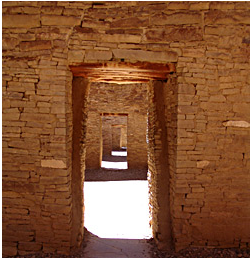Publication Date
7-1-2012
Abstract
The claim that epistemological differences between western science and indigenous research methodologies are the roots of contention of the interpretation and construction of histories is investigated. An exploratory mixed methods approach is employed to test whether current systems of geospatial analysis and representation are suitable for understanding different ways of knowing, focused on the spatial domain as a fundamental cognitive domain. Recent studies indicate that spatial cognition is significantly different among speakers of different language groups and that spatial ontology is not universal across the human population, providing the theoretical underpinning for questioning the organizational principles of currently used systems of geo- representation. The emerging theory of multimodality is used to explore this problem in practice, as a combined social-, and bio-semiotic approach. The premise is that no mode of representation can cover all meaning, and that epistemological implications are expected among different cultural constellations of modes of perception and representation are used. This research explores the relationship between perceptual grounding of ontologies and possible modes of representation in current models of archaeological research and within American Indian discourse.
Document Type
Dissertation
Language
English
Degree Name
Anthropology
Level of Degree
Doctoral
Department Name
Anthropology
First Committee Member (Chair)
Beverly R. Singer
Second Committee Member
James L. Boone
Third Committee Member
Chris S. Duvall
Fourth Committee Member
Joe E. Watkins
Recommended Citation
van der Elst, Judith. "Investigating Epistemological Implications of Geospatial representation in the Making of Histories of the Pueblos, Using an Exploratory Mixed Methods Approach." (2012). https://digitalrepository.unm.edu/anth_etds/71

